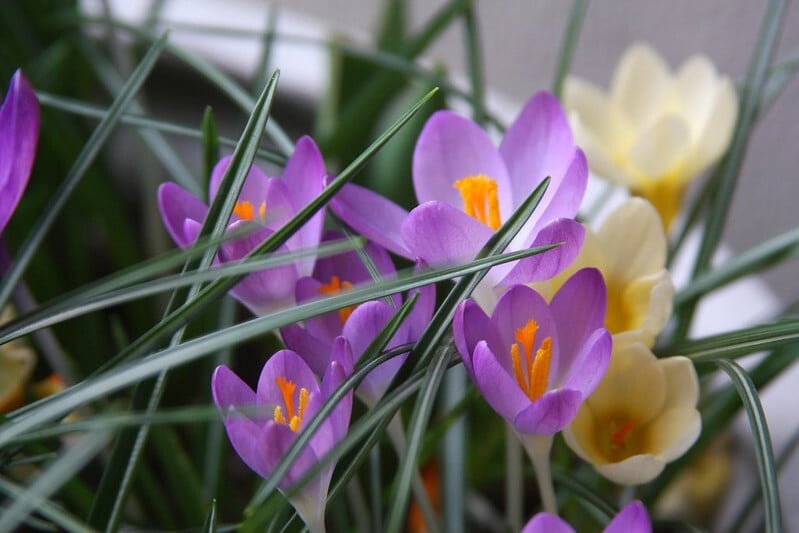Originally published July 3, 2025
“Are we doing school today?” my son asked me. I looked at him curiously, because we don’t use the term “school” much at all in our home.
“We’ll do some lessons and reading,” I replied.
Login to read more
Sign in or create a free account to access Subscriber-only content.
Topics:
